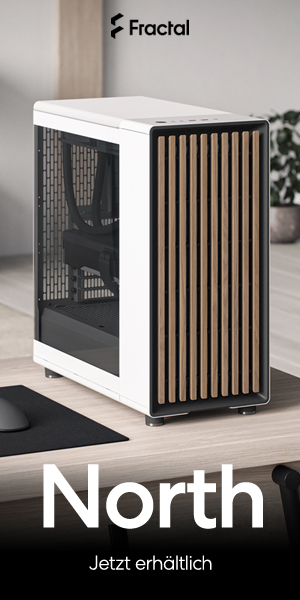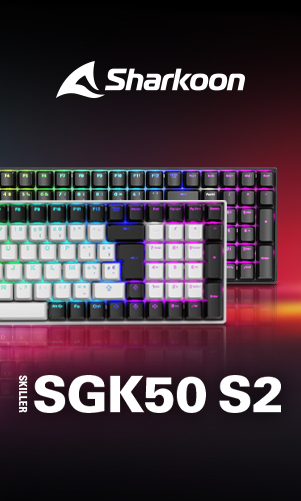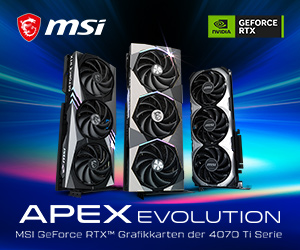Technology website Hardware Times reports that a significant number of users have complained about slow boot times on their Ryzen 7000 systems, which are based on AMD’s new AM5 chipset for Zen 4. Even the technology website itself has experienced these delays. AMD has now released a new BIOS update (AGESA 1006) that significantly reduces boot times. HXL, a well-known leaker on Twitter, has proven this.
AMD R9 7950X3D
ASUS ROG X670E HERO
SK Hynix JEDEC DDR5 5600MT/s 32GB*2Boot Time
BIOS 0805 (AGESA 1003) ~56s
BIOS 1004(AGESA 1006)~30s pic.twitter.com/THBMkOA9PO— HXL (@9550pro) April 3, 2023
As seen in the above tweet from HXL, the boot time of a PC with a Ryzen 9 7950X3D processor in an ASUS ROG X670E Hero motherboard is reduced from a lengthy 56 seconds to just 30 seconds. So, AMD’s BIOS update seems to fix the slow boot time issues and improve the performance of the Ryzen 7000 system. Users of Ryzen 7000 systems are advised to install AMD’s new BIOS update to benefit from the improved boot times. If you currently own such a system and are affected by the slow boot times, the new BIOS update can help you fix this problem. It is pleasing to see that AMD has reacted quickly and taken the necessary steps to solve the problems faced by users of their new Ryzen generation.
A few reports about the boot times of Ryzen 7000 PCs have made the rounds in the last few weeks. As it turns out, some of the first models of the new AM5 platform seem to boot a bit slower than expected. AMD then issued a statement saying that they are working on a solution. Reports indicate that booting can take up to 30 seconds for some users. This practically halves the wait time before booting, but 30 seconds is still a bit slow for a modern PC. In short, AMD still has to improve, and we expect more improvements to be made in future BIOS versions.
At least the waiting time has been reduced from a ridiculous level to a standard boot time (for a high-end system in this case). Of course, you have to keep in mind that this is just a single report of a faster startup speed, and that others’ experiences with AM5 PCs may differ. Please note that in the affected cases, performance is not affected in any way once the PC is booted to the desktop.
Besides, you probably boot your PC only once a day, so a small wait shouldn’t be too much of an inconvenience. Still, it is of course annoying that a state-of-the-art Ryzen 7000 system boots slower than a Ryzen 5000 PC, at least in some of the reported cases. Of course, some of the issues that have plagued the AM5 platform since its introduction continue to be a problem for AMD, but of course that hasn’t stopped the company from bringing more processors to market. However, we hope AMD will address these issues in the future to ensure its customers get the best possible performance out of their systems.
Source: twitter.com, hardwaretimes.com, amd.com,































Kommentieren